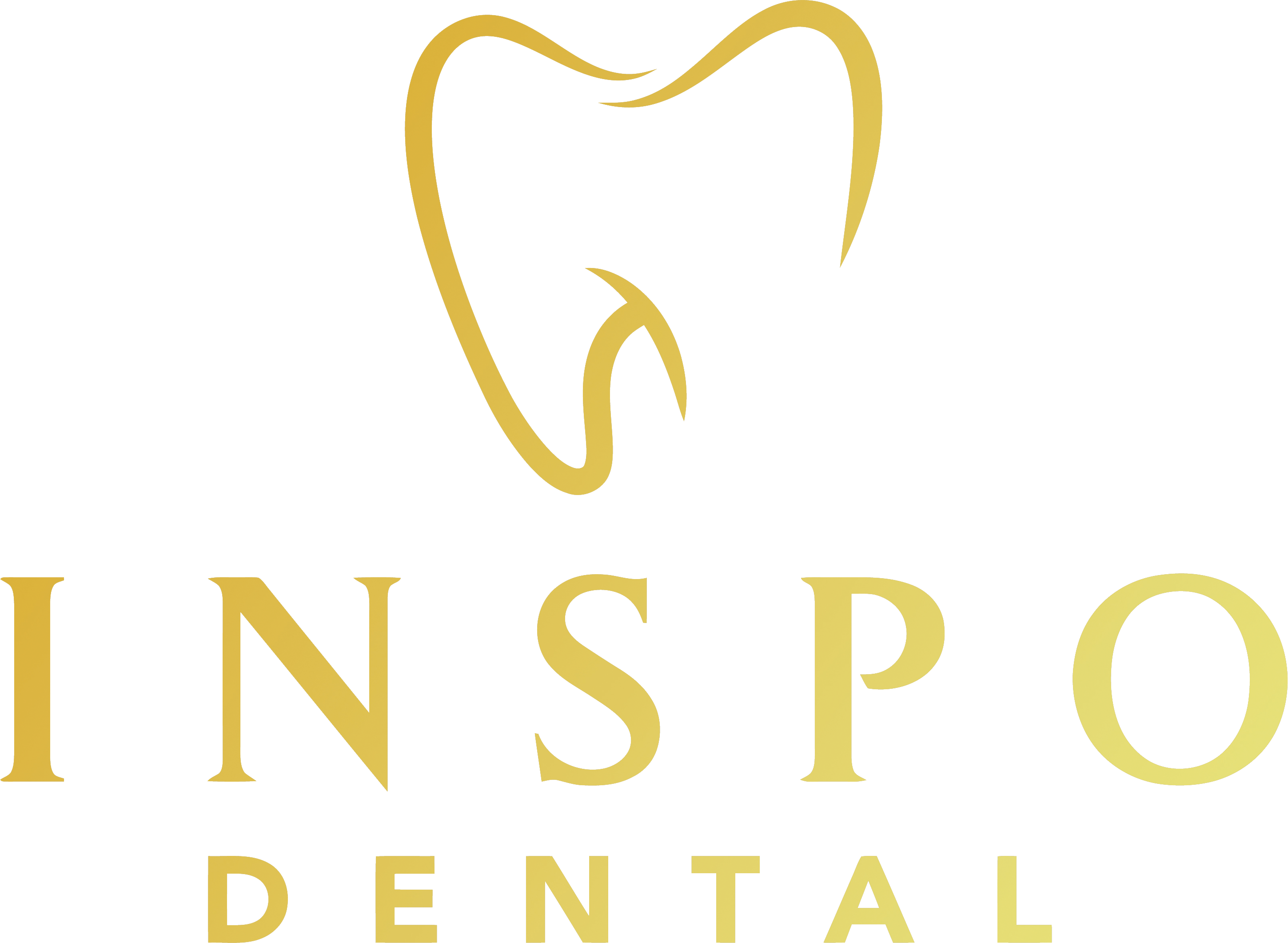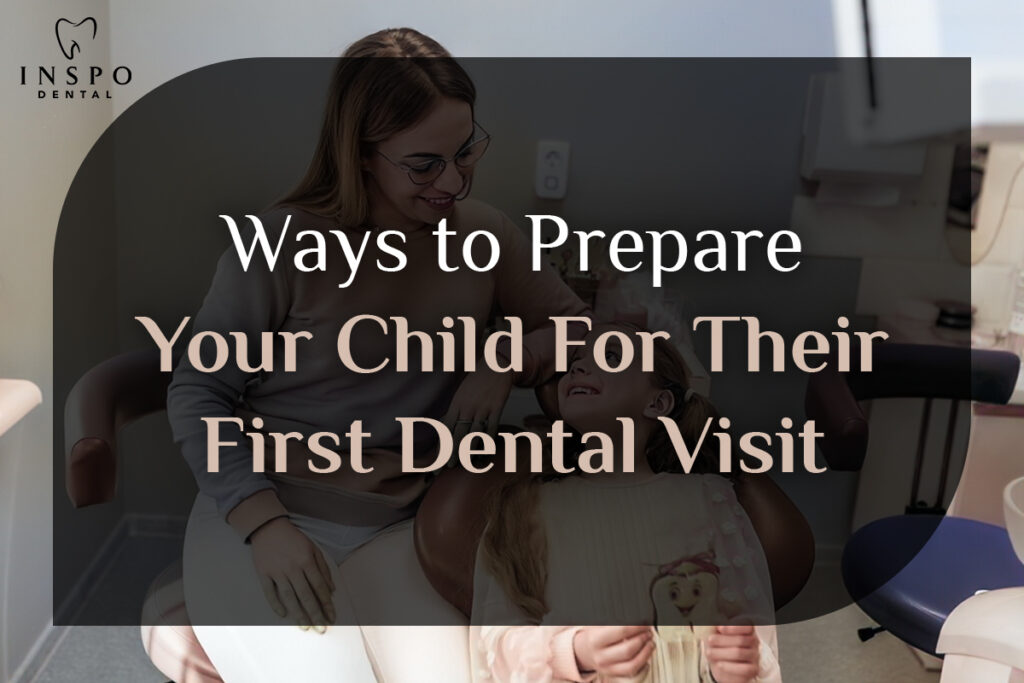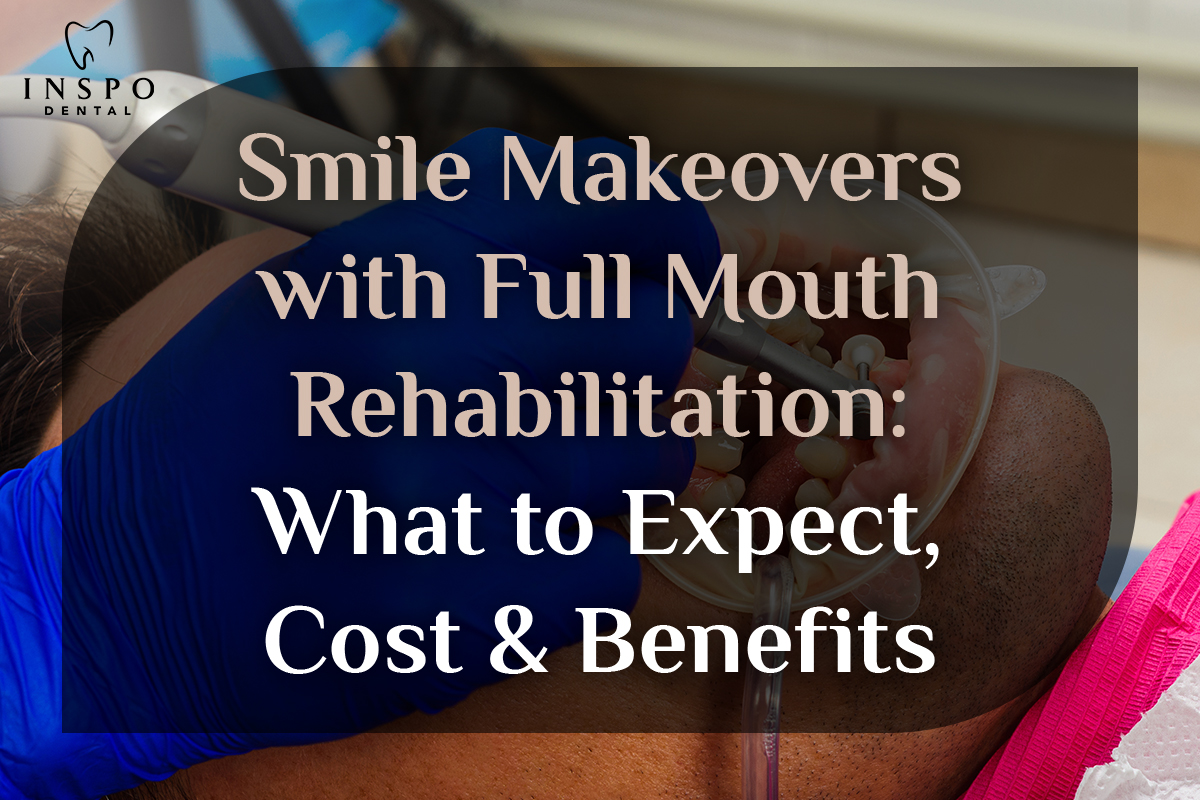Taking your child to the dentist for the first time is an essential step in promoting good oral health. However, many young children feel anxious about dental visits. Preparing your child can help alleviate their fears, making the experience more positive and enjoyable. Here are some effective ways to prepare your child for their first dental visit:
- Choose the Right Dentist
- Find a Pediatric Dentist:
Pediatric dentists specialize in treating children and are trained to handle young patients’ unique needs. Their offices are often designed to be welcoming and kid-friendly, with colorful decor, toys, and other features that help make children feel more comfortable. - Visit the Office in Advance:
If possible, visit the dental office before the appointment. Show your child the waiting area, the dental chair, and meet the staff if they’re available. A quick visit can help familiarize them with the environment, making it less intimidating on the actual appointment day.
- Talk Positively About the Dentist
- Use Positive Language:
Explain to your child that the dentist is a friendly doctor who helps keep their teeth healthy and strong. Avoid using words like “hurt,” “pain,” or “shot,” even if you’re trying to reassure them. Instead, use words like “clean,” “healthy,” and “strong.” - Explain the Importance of Dental Visits:
Tell your child that just like going to the doctor helps keep their body healthy, visiting the dentist helps keep their teeth clean and strong. Let them know that everyone, including you, visits the dentist.
- Read Books and Watch Videos About the Dentist
- Children’s Books About the Dentist:
There are many children’s books about going to the dentist, such as The Berenstain Bears Visit the Dentist or Peppa Pig: Peppa’s Trip to the Dentist. Reading these books together can help your child understand what to expect and see the dentist as a positive experience. - Educational Videos:
Look for short videos or cartoons that show characters going to the dentist. Watching familiar characters have a positive dental visit can make the experience more relatable and less frightening.
- Role-Play a Dental Visit
- Play Dentist at Home:
Role-playing can be a fun way to introduce your child to what happens at the dentist. Take turns being the dentist and the patient. You can use a toothbrush to “clean” your child’s teeth, count their teeth, and talk about keeping teeth clean and healthy. - Use Toys for Practice:
If your child has a favorite doll or stuffed animal, pretend to be the dentist and have your child watch as you “examine” the toy’s teeth. Then, let your child be the dentist and take care of the toy’s teeth. This can help make the concept of a dental visit more familiar and less intimidating.
- Explain What to Expect
- Describe the Steps of the Visit:
Explain that the dentist will count and clean their teeth, check that their teeth are healthy, and possibly take pictures (X-rays) of their teeth. Let your child know that they may sit in a special chair that goes up and down. - Be Honest and Reassuring:
If your child asks if the visit will hurt, be honest but reassuring. Let them know that the dentist will be gentle and that the visit is meant to keep their teeth strong and healthy. Emphasize that the dentist and dental hygienist are there to help and keep them comfortable.
- Schedule the Appointment at the Right Time
- Pick a Good Time of Day:
Schedule the appointment when your child is likely to be in a good mood, such as in the morning or after a nap. Avoid scheduling the visit during nap time or meal times, as hunger and tiredness can lead to irritability. - Give Yourself Extra Time:
Plan to arrive at the dentist’s office early. This gives you and your child time to settle in and explore the waiting area, making the visit feel more relaxed and less rushed.
- Offer Comfort and Support
- Stay with Your Child During the Visit:
Most dental offices allow parents to stay with their child during the appointment. Being close by can provide reassurance and help reduce any anxiety they may feel. - Bring a Comfort Item:
Let your child bring a favorite toy, stuffed animal, or blanket to the dentist’s office. A familiar object can help them feel secure and more comfortable during the visit.
- Plan a Fun Activity for After the Visit
- Reward with Positive Reinforcement:
Plan a small reward after the visit, such as a trip to the park or a special treat. Knowing that they’ll do something fun afterward can give your child something to look forward to and make the visit feel more rewarding. - Offer Verbal Praise:
Praise your child for being brave and cooperative during the visit. Positive reinforcement helps build their confidence for future appointments, as they’ll associate the experience with praise and encouragement.
- Stay Calm and Relaxed
- Set a Positive Example:
Children pick up on their parents’ emotions. If you’re calm and relaxed, your child is more likely to feel the same way. Avoid showing any anxiety you may have about dental visits, as it can influence their feelings about the experience. - Avoid Over-Preparing:
While it’s good to explain the basics, avoid giving too many details or repeatedly talking about the visit. This can make your child anxious, as they may sense your concern. Keep the conversation light and positive.
- Familiarize Them with Dental Tools
- Introduce Dental Tools Through Toys or Books:
You can buy a toy dental kit or show your child simple images of dental tools like mirrors, brushes, and rinsing cups. This way, they’ll be less surprised when they see the tools during the appointment. - Explain the Purpose of Each Tool in Simple Terms:
If your child is curious, explain that the mirror helps the dentist see all their teeth, the tools help clean their teeth, and the water spray rinses their mouth. Knowing what each tool does can make the process less intimidating.
- Reinforce Good Oral Hygiene at Home
- Teach Brushing and Flossing Habits Early:
Establishing a positive brushing routine at home can help make the idea of a dental visit less foreign. Teach your child the importance of brushing and flossing, and let them know that the dentist will check to see how well they are taking care of their teeth. - Make Brushing Fun:
Use colorful toothbrushes, flavored toothpaste, or a toothbrushing song to make brushing an enjoyable activity. When oral care is fun, your child is more likely to look forward to the dentist.
- Remain Consistent with Dental Visits
- Start Early:
The American Academy of Pediatric Dentistry recommends that children see a dentist by their first birthday or within six months of getting their first tooth. Regular visits from an early age make dental check-ups a routine part of life. - Build a Positive Routine:
By bringing your child to the dentist regularly, you help normalize the experience. Each positive visit reinforces the idea that dental care is an important and comfortable part of staying healthy.
- Make Oral Health Part of Your Daily Conversations
- Talk About Teeth Daily:
Use opportunities during daily routines to talk about oral health. For example, after brushing, you might say, “Your teeth look so clean and healthy now!” Reinforcing positive feelings about teeth and oral hygiene helps your child see dental care as a natural part of life. - Normalize the Idea of Healthy Habits:
Explain that taking care of teeth is as important as other healthy habits, like washing hands or eating fruits and vegetables. By treating it as part of their overall health, your child will be more likely to adopt a positive attitude toward dental visits.
- Use Positive Reinforcement Techniques
- Create a Bravery Reward Chart:
Set up a reward chart where your child can earn stickers or stars for following through with healthy habits, such as brushing, flossing, and going to the dentist. Small rewards or a special treat after earning a certain number of stickers can make the whole experience feel rewarding. - Offer Specific Praise for Behavior:
Instead of just saying, “Good job!” try being specific, like, “You did an amazing job sitting still in the chair today!” or “I’m so proud of you for opening wide so the dentist could see all your teeth!” Specific praise helps reinforce positive behaviors and boosts their confidence for future visits.
- Encourage Questions and Curiosity
- Let Your Child Ask Questions:
Before the appointment, encourage your child to ask questions about the dentist. Answer their questions honestly and in a way they can understand. For example, if they ask why they need to go to the dentist, you might say, “The dentist helps keep your teeth clean and strong so you can smile big and eat your favorite foods.” - Create a Curious Mindset:
Encourage your child’s curiosity by saying things like, “The dentist has cool tools that help look after your teeth!” or “I wonder how many teeth the dentist will count today!” Creating curiosity helps make the experience feel like an adventure rather than something to fear.
- Emphasize the Importance of a Healthy Smile
- Talk About the Benefits of a Healthy Smile:
Explain to your child that a healthy smile helps them look and feel their best, making it easier to do things they love, like eating, talking, and smiling. By linking dental care with positive aspects of their daily life, you make it feel more relevant and exciting. - Use Relatable Examples:
Mention that their favorite characters, friends, or family members go to the dentist too, and that taking care of teeth is something everyone does to stay healthy. This helps them see dental visits as something ordinary and important, which reduces anxiety.
- Reinforce Good Nutrition for Oral Health
- Teach the Connection Between Food and Teeth:
Explain to your child that some foods, like fruits and vegetables, help keep their teeth strong, while sugary foods can hurt their teeth. This helps them understand the importance of making healthy choices that protect their smile. - Create Healthy Habits Together:
Involve your child in choosing healthy snacks that are good for their teeth. For example, they can help pick crunchy apples or carrots, which are great for promoting healthy gums and teeth. Positive reinforcement around these choices can make dental health feel more holistic and relevant.
- Make the Appointment a Fun Outing
- Plan a Fun Activity After the Appointment:
Plan to do something enjoyable after the dental visit, like visiting a playground, going out for a favorite healthy snack, or doing a fun activity together. Associating the visit with a fun outing makes the experience feel special and less intimidating. - Create a Dentist Day Tradition:
Make the dentist visit part of an enjoyable routine by turning it into a fun “Dentist Day.” You could do something small but special, like picking out a favorite outfit for the day or planning to read a favorite book afterward. Making it a positive tradition helps your child look forward to the experience.
- Be Patient and Understanding
- Allow Time for Adjustment:
Every child is different, and some may feel nervous despite all the preparations. Be patient and understanding, acknowledging their feelings, and reassure them that it’s okay to feel a bit scared. - Keep a Calm Demeanor:
Your calm and supportive attitude helps set the tone. If your child seems anxious, stay calm and gentle, giving them plenty of encouragement and letting them know that you’re proud of them for being brave.
- Follow Up After the Visit
- Celebrate Their Accomplishments:
After the visit, celebrate your child’s bravery, even if they were a bit nervous. Praise specific behaviors, like sitting in the chair or letting the dentist count their teeth. This reinforces a positive experience and builds confidence for future visits. - Answer Their Questions:
After the appointment, they may have new questions or comments about the experience. Be available to talk about the visit, answer their questions, and explain anything they were curious about during the appointment.
- Keep Dental Care Consistent and Fun at Home
- Incorporate Fun Tools for Home Care:
Use colorful toothbrushes, fun-flavored toothpaste, or a brushing timer app to make brushing and flossing enjoyable. When kids enjoy taking care of their teeth at home, they’re more likely to view dental visits positively. - Practice Regular Dental Routines Together:
Brush and floss with your child to set a good example and make it a shared activity. This routine reinforces the importance of dental care, helping them feel prepared for check-ups and dental cleanings.
- Transition to Independent Visits Gradually
- Stay with Them for the First Few Visits:
For young children, staying with them during the appointment can be comforting. As they grow older and become more comfortable, encourage them to sit in the chair independently while you wait nearby. - Encourage Independence Over Time:
Gradually, let them interact more directly with the dentist and dental hygienist. Praising their independence will help build their confidence and make future dental visits easier.
- Reinforce the Importance of Regular Dental Visits
- Explain the Role of Regular Check-Ups:
Let your child know that visiting the dentist isn’t just a one-time thing but a regular part of keeping their teeth healthy. Explain that by visiting the dentist twice a year, they’re making sure their teeth stay strong and clean. - Create a Countdown Calendar for Appointments:
For younger children, creating a countdown calendar for dental visits can be fun and exciting. Marking the days until the visit and celebrating the approach of “Dentist Day” can help them see these appointments as special events rather than something to fear.
- Share Positive Stories from Your Own Dental Experiences
- Talk About Your Own Dental Visits:
Sharing your own positive dental experiences helps your child relate to you and normalize the idea of going to the dentist. You might say things like, “I just went to the dentist, and they told me I have a very healthy smile!” or “The dentist showed me how to brush better so I can keep my teeth strong.” - Explain the Benefits You’ve Experienced:
Share how dental care has helped you personally, such as preventing toothaches or keeping your smile bright. This can help them understand that dental visits bring benefits over time and encourage them to develop a positive view of their own oral health journey.
- Build a Relationship with the Dental Team
- Get to Know the Dental Staff:
Encourage your child to interact with the dentist and hygienist by introducing themselves and maybe asking a question or two. Building a friendly rapport can help your child feel more comfortable and supported during future visits. - Choose a Consistent Provider:
Whenever possible, stick with the same dentist or dental office for each visit. Familiar faces help create a sense of routine and stability, which is reassuring for children. The dental team can also become familiar with your child’s needs, making each visit more personal and comfortable.
- Normalize Oral Health by Integrating it into Daily Life
- Use Mealtimes as Opportunities to Discuss Healthy Choices:
During meals, talk casually about how certain foods, like cheese, milk, and vegetables, help keep teeth strong. Encouraging this awareness helps them make positive associations between their diet and their dental health. - Brush Together as Part of the Family Routine:
Make brushing a family activity where everyone brushes together before bed. This creates a consistent routine that reinforces the importance of dental care and shows that everyone, including parents and siblings, takes care of their teeth.
- Encourage Older Siblings to Set a Positive Example
- Have Siblings Talk About Their Visits:
If your child has older siblings, ask them to talk about their own dental visits in a positive way. Hearing about good experiences from a sibling can be reassuring and inspire confidence. - Allow Siblings to Join the Appointment (if appropriate):
Sometimes, siblings can accompany each other for dental visits. If your dentist allows it and if it’s helpful, your child might feel more at ease with a sibling by their side, seeing that it’s something their brother or sister has also done.
- Incorporate Fun Dental-Themed Games and Activities
- Play Dental-Themed Games:
Look for simple games or apps that teach children about brushing and flossing. These games can make oral health fun and interactive. Many apps even feature timers or songs that encourage kids to brush for the recommended two minutes. - Craft Tooth-Themed Art Projects:
Try doing a craft project where you draw or paint happy, healthy teeth. You can also make a tooth fairy box or decorate a toothbrush holder as a fun activity. These kinds of projects help make oral health feel more enjoyable and reinforce a positive message.
- Celebrate Small Wins
- Reward Brushing Consistency:
If your child has been consistent with their brushing routine, celebrate this as a small win before the dentist visit. For example, you might create a “Healthy Teeth Champion” certificate or let them pick out a small reward. - Celebrate the First Visit as a Milestone:
A child’s first dental visit is a significant milestone. After the appointment, consider celebrating with a special treat (like a new toothbrush or a sticker) to mark the occasion. This reinforces that dental visits are something to be proud of.
- Follow Up with a Dental Health Review at Home
- Discuss What They Learned:
After the visit, talk to your child about what they learned. For example, they might tell you about how the dentist counted their teeth, or what they thought of the tools the dentist used. This helps reinforce a positive memory and lets them share their experiences in their own words. - Build on the Dentist’s Recommendations:
If the dentist gave specific tips, such as focusing on brushing the back teeth or being gentler with flossing, make these tips part of your daily routine. Incorporating the dentist’s advice shows your child that you value their input and that you’re committed to their dental health together.
- Set Goals for Future Visits
- Create Goals for Healthy Teeth:
Work with your child to set simple goals, such as brushing twice a day, flossing regularly, or making good food choices. Let them know that meeting these goals will help them have another successful visit next time. - Create a Countdown to the Next Appointment:
For children who enjoyed the visit, mark the next appointment on a calendar and create a countdown. If your child was a bit nervous, setting goals gives them something to focus on for next time and builds confidence.
- Keep the Conversation Going About Dental Health
- Incorporate Dental Health into Storytime or Play:
Choose books or make up stories about characters who take care of their teeth, or who visit the dentist and learn about healthy smiles. Keeping the conversation light and ongoing helps normalize the importance of dental health. - Answer Questions as They Grow:
As your child grows, their curiosity about dental health may evolve. Encourage questions and provide age-appropriate explanations about why they need to brush, floss, and visit the dentist regularly. This continued conversation fosters a lifelong understanding of good oral health.
- Encourage Good Dental Habits with Fun Tools and Gadgets
- Introduce Electric Toothbrushes or Fun Dental Tools:
For older children, using an electric toothbrush with fun features (like timers, lights, or favorite cartoon characters) can make brushing more engaging. Interactive tools keep dental routines interesting and may motivate them to brush longer and more effectively. - Try a Brushing App:
Many apps turn brushing into a game, providing rewards or points for brushing correctly. Apps like these encourage children to stick to healthy routines by making dental care feel like a fun daily challenge.
- Connect Dental Health to Overall Health
- Explain the Connection to Body Health:
Help your child understand that taking care of their teeth is important for their overall health. Explain that healthy teeth help them chew food, speak clearly, and stay healthy. This broader perspective reinforces the value of dental care as part of a bigger picture. - Highlight Energy and Confidence:
Explain that keeping teeth clean gives them the energy they need to play and helps them smile with confidence. This positive connection emphasizes that taking care of teeth isn’t just about their mouth, but about feeling good and staying strong.
- Foster a Relationship Between Your Child and the Dentist
- Encourage Communication with the Dentist:
Encourage your child to ask the dentist questions and share any concerns they may have. Building a trusting relationship with the dentist helps them feel safe and respected, which can reduce anxiety in future visits. - Make the Dentist a Familiar Friend:
As your child continues to visit the same dentist over time, emphasize the dentist’s role as a friend who helps them keep their teeth healthy. When the dentist becomes a friendly figure, they’re more likely to feel at ease and look forward to visits.
- Prepare for the Unexpected
- Handle Surprises Calmly:
Sometimes, unexpected issues like a cavity or additional treatments may arise. If this happens, remain calm and reassuring. Let your child know that the dentist is there to help fix things and that it’s a normal part of keeping teeth healthy. - Explain Simple Treatments if Needed:
If a treatment is recommended, explain it in child-friendly terms, like, “The dentist is going to clean out a little sugar bug so it doesn’t make your tooth sick.” Keeping things simple and positive helps your child process the experience without fear.
- Incorporate Dental Health into Learning
- Create Simple Science Lessons:
Teach your child about teeth and oral health through age-appropriate science lessons. You can explain how teeth help with chewing and speaking, or talk about different types of teeth and what they do. Learning about teeth from a scientific perspective can make dental care more interesting. - Encourage Questions About How Teeth Work:
Use simple explanations to teach your child how brushing helps remove food particles and plaque. Explain that plaque is something you can’t see but that it loves to hide on teeth if they don’t brush it away. This helps make brushing feel like a small daily “mission.”
- Practice Mindfulness or Relaxation Techniques Before the Visit
- Use Deep Breathing Exercises:
For children who feel anxious, practicing deep breathing exercises before the appointment can help them stay calm. Guide them to take slow, deep breaths and think about something positive, like a favorite toy or activity. You can do the breathing exercises together to help them feel supported. - Try Visualization:
Before the visit, ask your child to close their eyes and imagine themselves being brave at the dentist, sitting in the chair, and feeling calm. This visualization can help set a positive mindset and reduce anxiety.
- Use Music or Storytelling During the Appointment
- Bring Headphones and a Playlist:
Some children find comfort in listening to music or stories during their dental visit. Bring a pair of headphones and let them listen to something calming or enjoyable while they’re in the chair. Many dental offices will allow this, especially for young children who may benefit from distraction. - Tell a Story:
If your child prefers, tell them a calming story or describe a fun adventure while they’re in the chair. This helps focus their attention away from the dental tools and makes them feel more comfortable during the appointment.
- Set a Positive Tone for Future Visits
- Mention the Next Visit as Something to Look Forward To:
As you wrap up the first dental visit, talk about the next visit in a positive way. Say something like, “Next time we come, you’ll get to see your dentist friend again!” Building anticipation for future visits reinforces a positive attitude toward dental care. - Create a “Healthy Teeth” Ritual Around Future Visits:
After each visit, encourage your child to continue practicing good habits by establishing a “Healthy Teeth” ritual at home. For example, you could brush together, talk about what the dentist said, or make a new “teeth goal” for the next visit.
- Plan for Consistency in Dental Care
- Keep a Regular Schedule of Dental Visits:
Make sure to schedule dental visits at regular intervals, generally every six months, to maintain a routine. When dental visits become predictable and consistent, they’re easier for children to accept as a normal part of their lives. - Use a Visual Reminder:
Consider using a calendar or app that counts down to the next dental visit. Keeping a visual reminder helps your child anticipate the next visit and prepares them to look forward to it as part of their ongoing routine.
- Make Dental Health Fun at Home with DIY Activities
- Create a Dental Health Chart:
Make a simple chart that your child can use to track their brushing and flossing habits. Reward them with stickers or small prizes for each week they stay on track. This builds accountability and excitement for maintaining healthy teeth. - Brush with a Family Song or Dance:
Pick a song or create a little dance to do together while brushing. Making it a playful activity adds an element of fun and helps them develop a positive association with dental care.
- Celebrate Milestones in Dental Health
- Celebrate Every Successful Visit:
Treat each dental visit as a milestone. Plan small celebrations afterward, like going for a walk in the park or having a family movie night. This turns dental visits into events they can enjoy and look forward to. - Set Goals and Reward Progress:
Encourage your child to reach milestones, such as completing a full month of consistent brushing or flossing. Each achievement can be celebrated with a small reward, like picking out a new toothbrush or a special sticker.
Conclusion: Supporting a Lifelong Commitment to Dental Health
By taking proactive steps to make dental visits comfortable and engaging, you’re building a strong foundation for your child’s oral health. Each positive experience at the dentist reinforces the importance of taking care of their teeth and develops a lifelong habit of prioritizing dental hygiene. With your support, encouragement, and a few fun strategies, you can make dental visits an enjoyable part of their journey to a healthy, confident smile. Preparing your child early on helps eliminate fear and fosters a positive relationship with their dentist, paving the way for a lifetime of good oral health.






